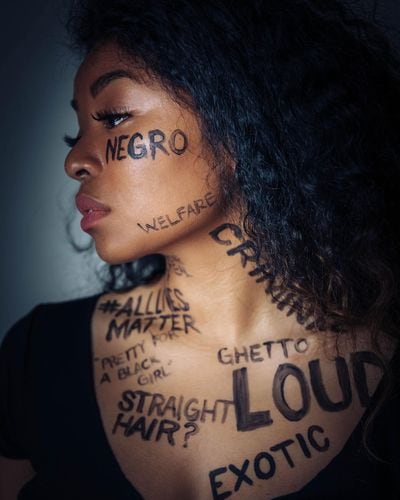This Article explores the intersection of race and disability in the context of employment discrimination, arguing that people of color with disabilities can and should obtain more robust relief for their harms by asserting intersectional discrimination claims. Professor Kimberlé Crenshaw first articulated the intersectionality framework by explaining that Black women can experience a form of discrimination distinct from that experienced by White women or Black men, that is, they may face discrimination as Black women due to the intersection of their race and gender. Likewise, people of color with disabilities can experience discrimination distinct from that felt by people of color without disabilities or by White people with disabilities due to the intersection of their race and disability. Yet often our legal and cultural institutions have been reluctant to acknowledge the intersectional experience, preferring instead to understand people by a singular trait like their race, gender, or disability. While courts have recognized the validity of intersectional discrimination claims, they have offered little guidance on how to articulate and prove the claims, leaving compound and complex forms of discrimination unaddressed. This Article thus offers an analysis of how courts and litigants should evaluate claims of workplace discrimination based on the intersection of race and disability, highlighting in particular the experience of Black disabled individuals. Only by fully embracing intersectionality analysis can we realize the potential of antidiscrimination law to remedy the harms of those most at risk of being denied equal opportunity.





